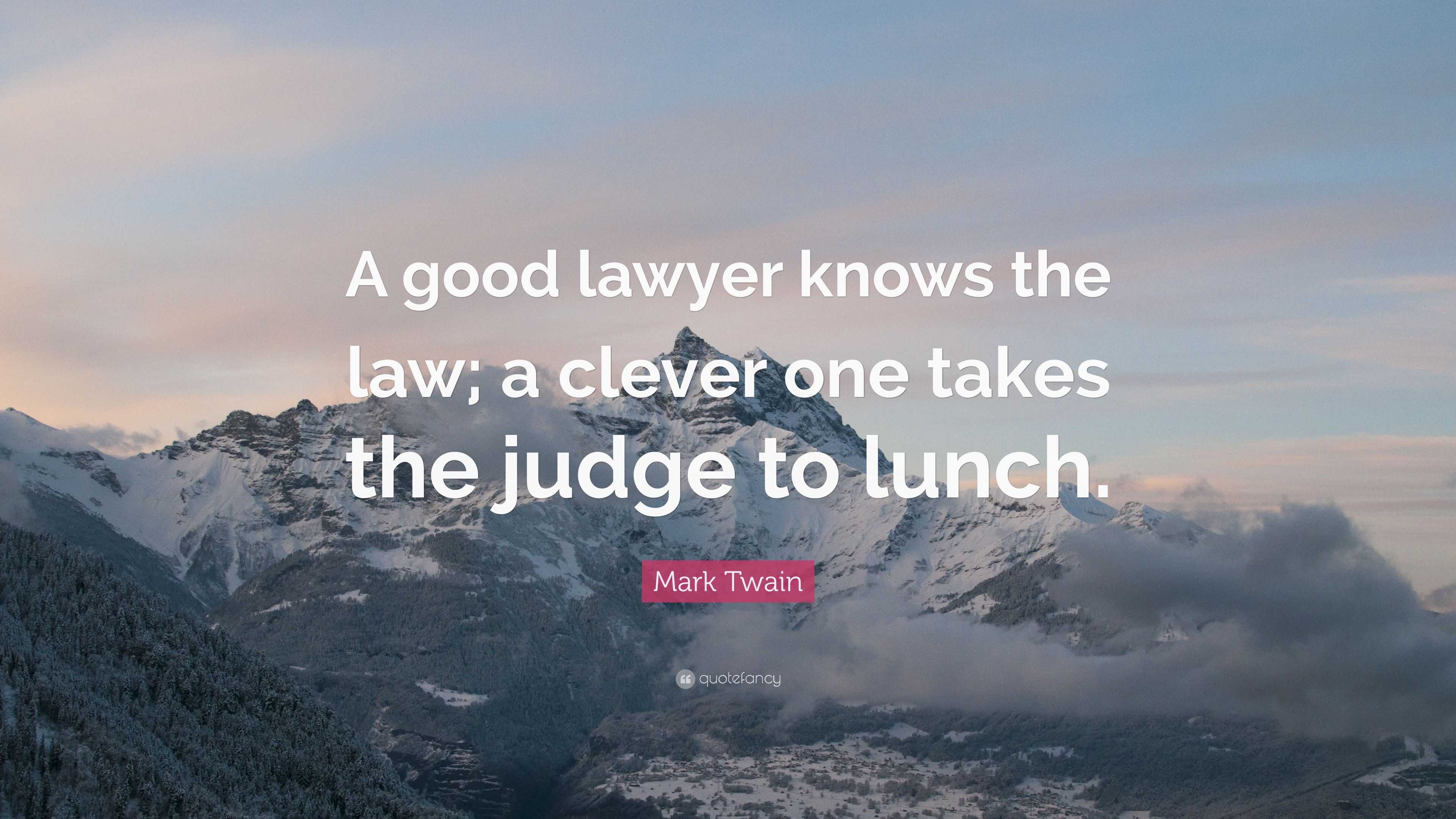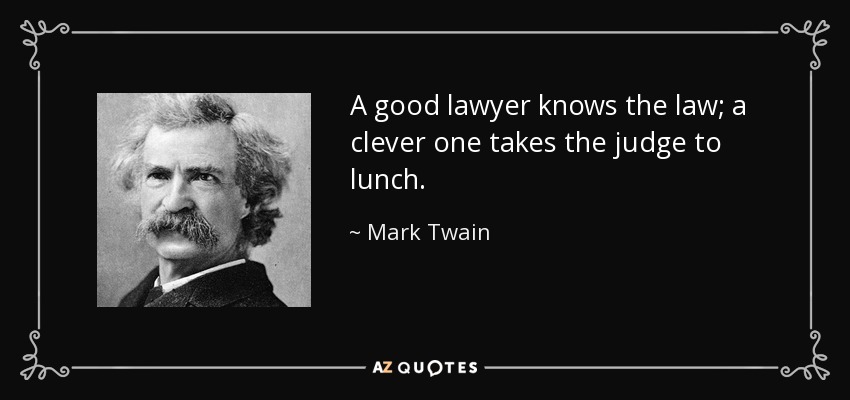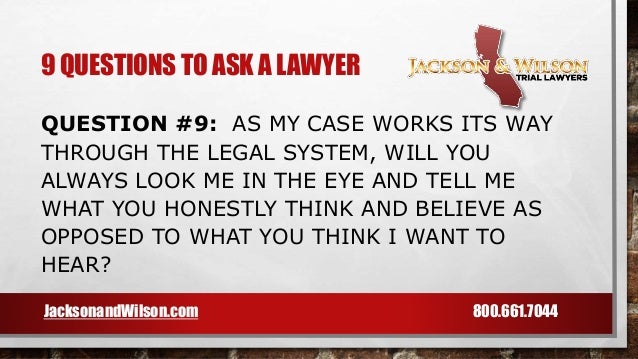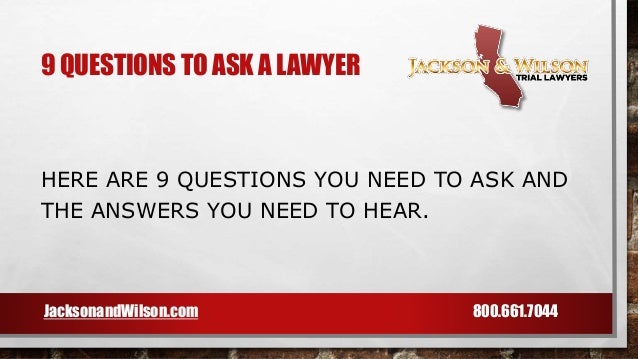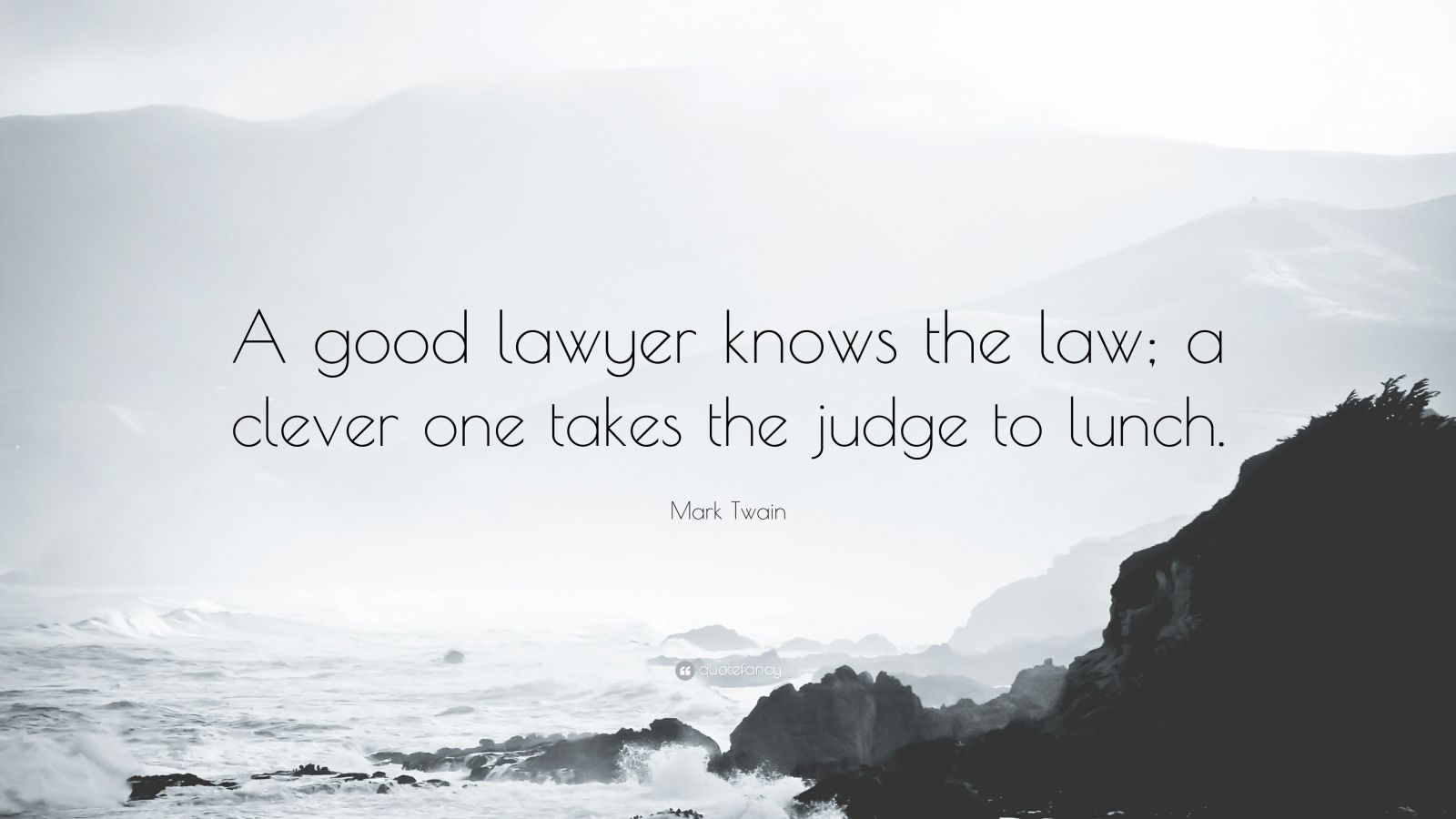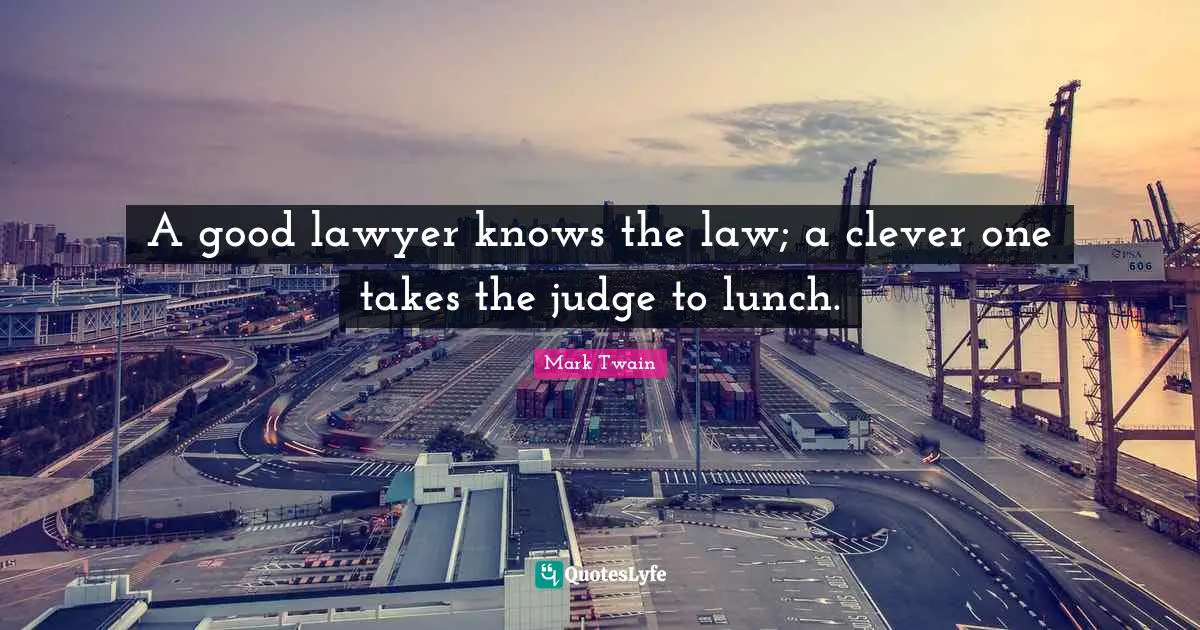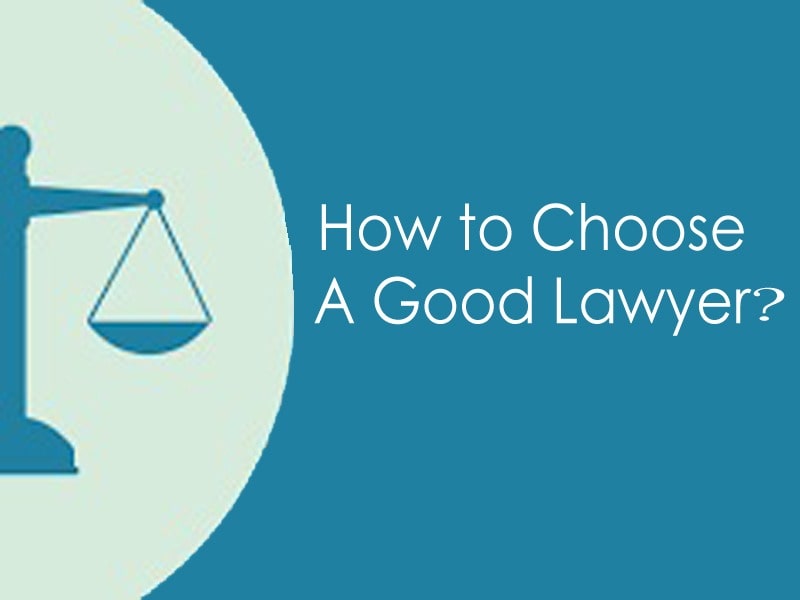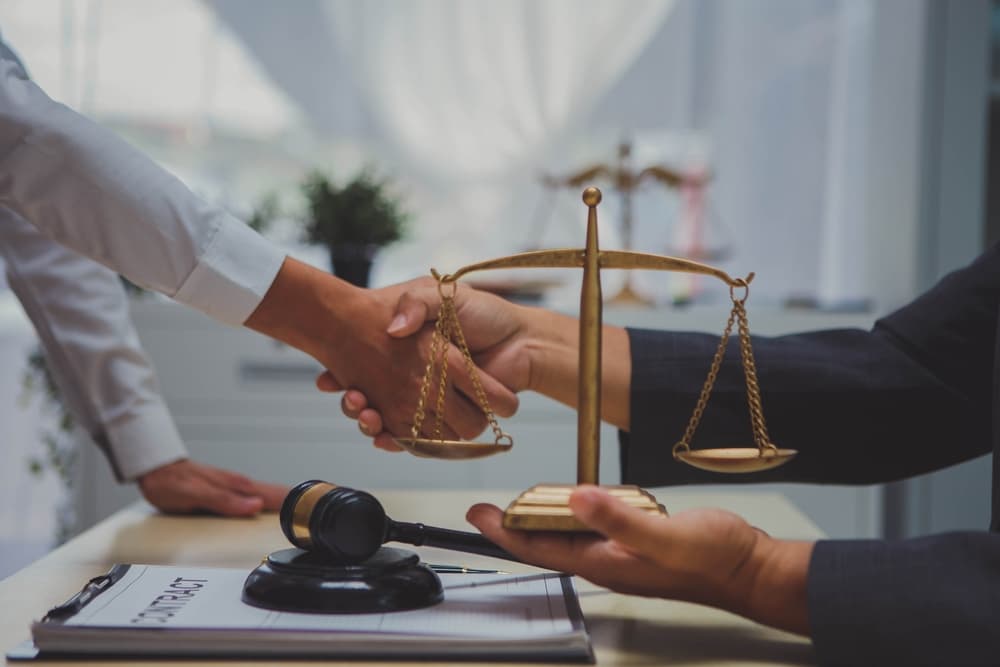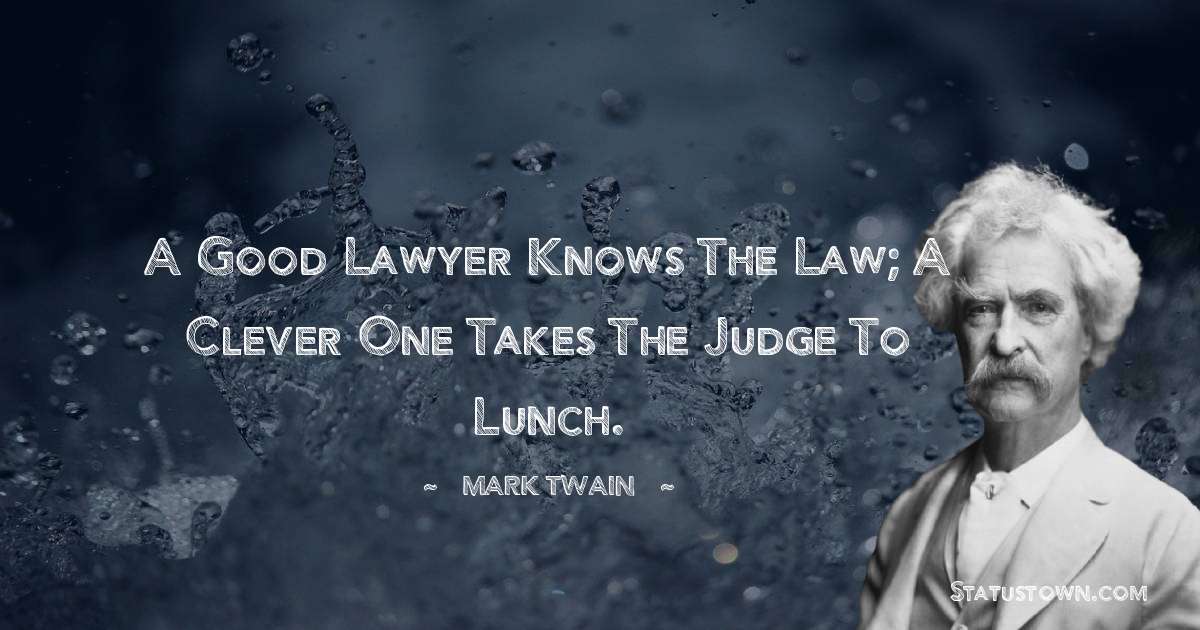A Good Lawyer Never Asks A Question
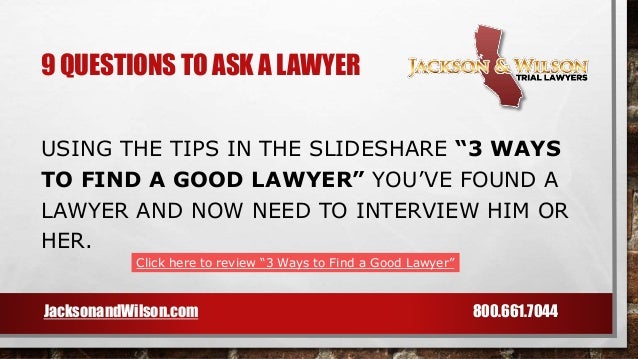
The courtroom was hushed, sunlight filtering through the tall windows, illuminating dust motes dancing in the air. Eleanor Vance, a seasoned lawyer with silver threading through her dark hair, stood before the jury. Her voice, calm yet firm, resonated through the room as she presented her closing argument, not a single question punctuating her statements.
The phrase "A good lawyer never asks a question they don't already know the answer to" is a cornerstone of effective litigation. It underscores the importance of thorough preparation and strategic presentation in the courtroom.
This approach minimizes the risk of unexpected or damaging testimony. It allows lawyers to maintain control of the narrative and guide the jury towards a pre-determined conclusion.
The Foundation of Preparation
The principle stems from the fundamental idea of meticulous preparation. Before even stepping foot in a courtroom, a good lawyer dedicates countless hours to research. This includes investigating every facet of the case, and anticipates every potential counter-argument.
They diligently interview witnesses. They scrutinize documents, and analyze the opposing counsel's strategies, leaving no stone unturned.
This exhaustive groundwork ensures that when the trial begins, the lawyer is equipped with all the necessary information. They are ready to address any challenge without resorting to questions that could jeopardize their case.
Controlling the Narrative
Rather than relying on open-ended inquiries, skilled litigators utilize carefully crafted statements to elicit specific responses or introduce particular evidence. This technique is about strategically presenting information to the jury, shaping their perception of the events.
Instead of asking a witness, "What did you see that night?" a lawyer might say, "You observed the defendant leaving the scene at approximately 10:00 PM, is that correct?"
This carefully structured approach allows the lawyer to control the direction of the testimony. It prevents the witness from offering unsolicited information that could harm the case.
The Art of Leading Questions
Leading questions, while often restricted during direct examination, become a powerful tool during cross-examination. They are designed to guide the witness towards a desired answer, effectively making statements rather than posing genuine inquiries.
For instance, a lawyer might say, "Isn't it true that you had a clear view of the intersection?" This prompts the witness to either confirm or deny a specific fact, further solidifying the lawyer's narrative.
This control is crucial in persuading the jury. It ensures that they receive the intended message without the ambiguity or risk associated with open-ended questions.
Avoiding Unnecessary Risks
One of the primary reasons lawyers avoid asking questions they don't know the answer to is to mitigate risk. An unprepared question can open the door to unexpected and potentially damaging testimony.
A witness might offer a response that contradicts the lawyer's theory of the case. They can present new evidence that undermines the lawyer's credibility.
By limiting questioning to areas where the lawyer is confident in the outcome, they minimize the likelihood of such surprises. It ensures a stronger, more predictable case.
"In law as in life, preparation is key," says Professor David Miller, a renowned legal scholar. "The more thoroughly you understand the facts and the potential outcomes, the better positioned you are to navigate any challenge."
Beyond the Courtroom
The principle of strategic questioning extends beyond the confines of the courtroom. It's a valuable skill in negotiations, mediations, and even everyday interactions.
Understanding the information you seek and framing your questions to elicit specific responses can lead to more favorable outcomes in a variety of contexts.
The ability to guide a conversation and control the flow of information is a powerful asset in any field.
As Eleanor Vance concluded her closing argument, the jury's attention was unwavering. Her mastery of the facts, her strategic presentation, and her deliberate avoidance of risky questions had painted a clear picture for them. The verdict, when it came, was a testament to the power of preparation and the wisdom of never asking a question you don't already know the answer to. It's a reminder that effective lawyering is not about chance. It is about careful planning, and a deep understanding of the narrative you wish to convey.

